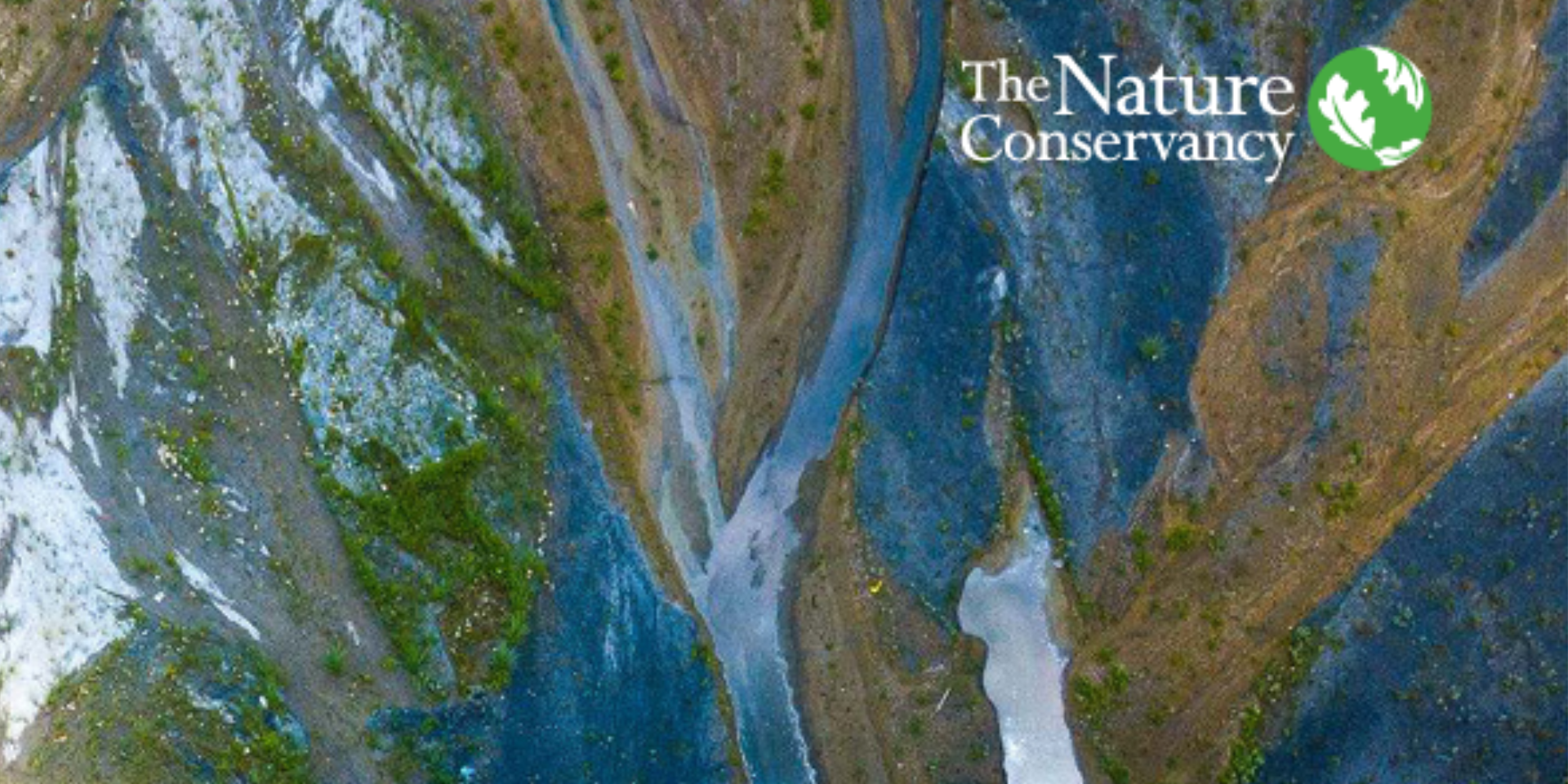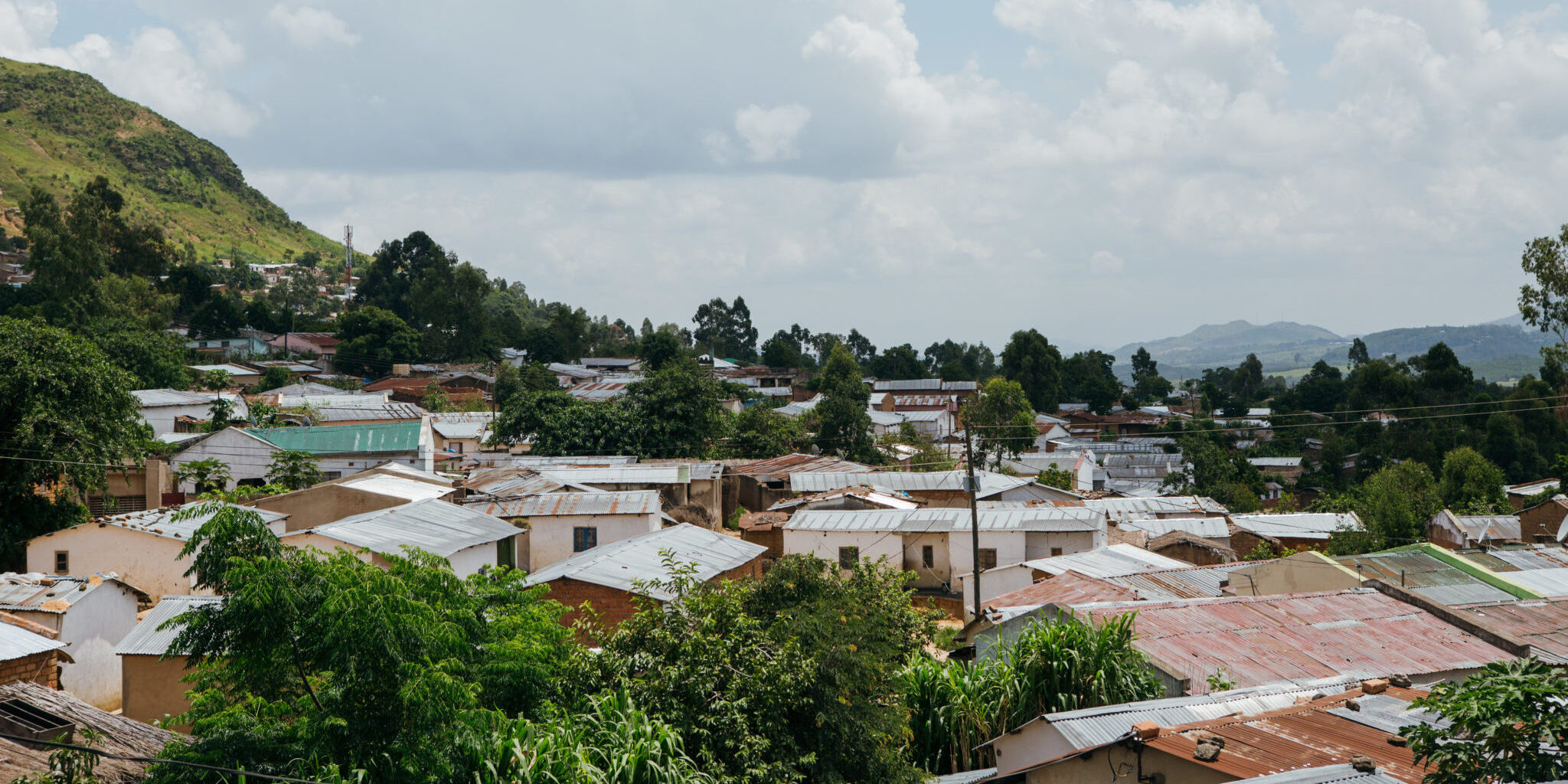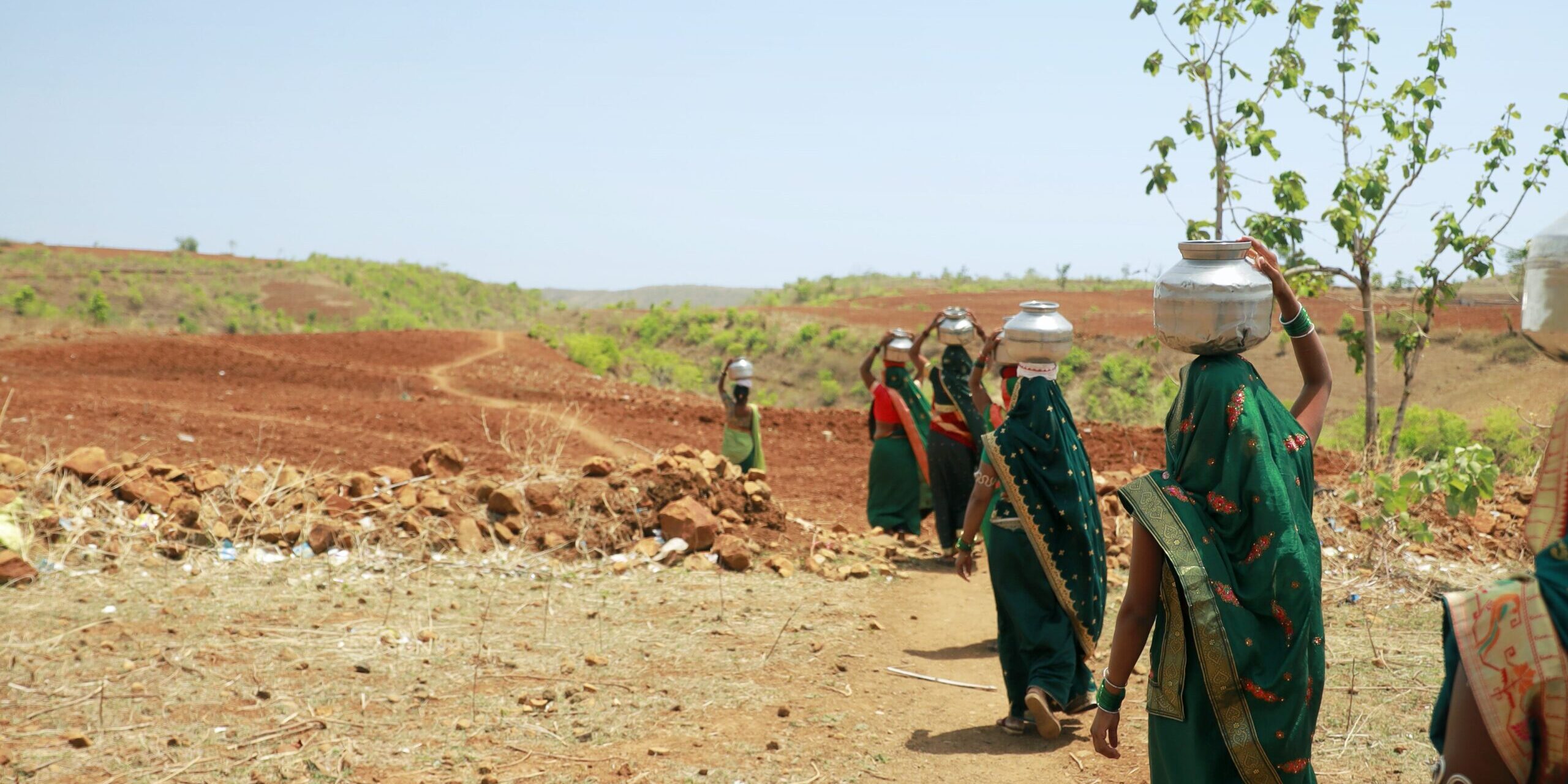Climate
How Climate Change
Impacts the Global Water Crisis
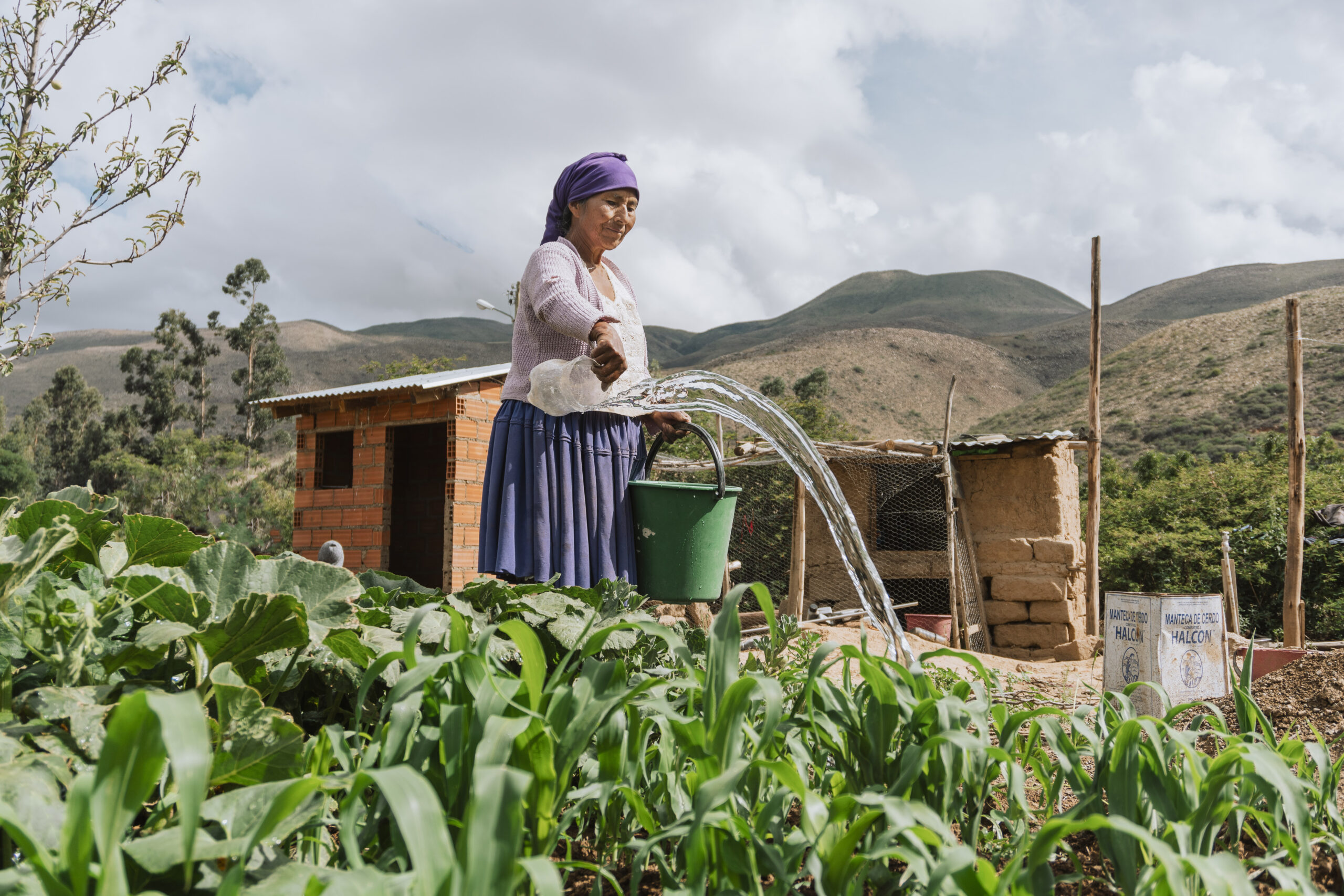
Roughly 90% of climate disasters are water-related.¹
We’re seeing climate change already affecting water access for people around the world through more devastating hurricanes, floods, and unexpected storms. And with the increased risk from wildfires, droughts, and water contamination, communities desperately need secure, sustainable water access.
Low- and middle-income countries have the most to lose in the face of these climate disasters.² Given existing vulnerabilities in areas like food, water, health, and infrastructure, a disaster sets them back even further. In a deeper twist of injustice, these communities are also the ones who contribute the least to climate change.³
TOO MUCH
Extreme weather events such as floods and hurricanes, which come with intense winds and landslides, can cause direct damage to water and sanitation infrastructure such as waterpoints, wells, toilets, and wastewater treatment facilities.
Too Little
Rising temperatures make it less likely for a raindrop to reach the ground, causing droughts and unpredictable water availability. The destruction of plants and tree cover from droughts, wildfires, or agriculture intensifies soil erosion, reducing groundwater levels.
Too Polluted
Flooding, especially in areas with limited safely managed sanitation services, can spread contaminants and diseases such as cholera. With rising sea levels, salt water can contaminate freshwater aquifers resulting in less usable water for drinking and agriculture.
"Making development sustainable, responding to climate change, and reducing the risk of disasters – all are about managing water more effectively."
– Gilbert F. Houngbo, Chair of UN-Water
What the Crisis Looks Like
How Climate Change Impacts Water Access
The water cycle is part of our everyday lives, but climate change may have dire consequences for everyday water access.
How climate change worsens heatwaves, droughts, wildfires and floods
Extreme weather is becoming more frequent and more intense in many places because of climate change.
5 Health Threats and Epidemics After Natural Disasters
Less than a year after a devastating earthquake hit Haiti in 2010, public health officials on the ground noticed a curious phenomenon. Scores of people were getting sick with a disease that hadn't been seen in Haiti in over a century: cholera. The earthquake itself was catastrophic.
Tenywa tends to a tree nursery in Luuka, Uganda, supporting climate resilience, wetland restoration, and water recharge.
The Work We're Doing
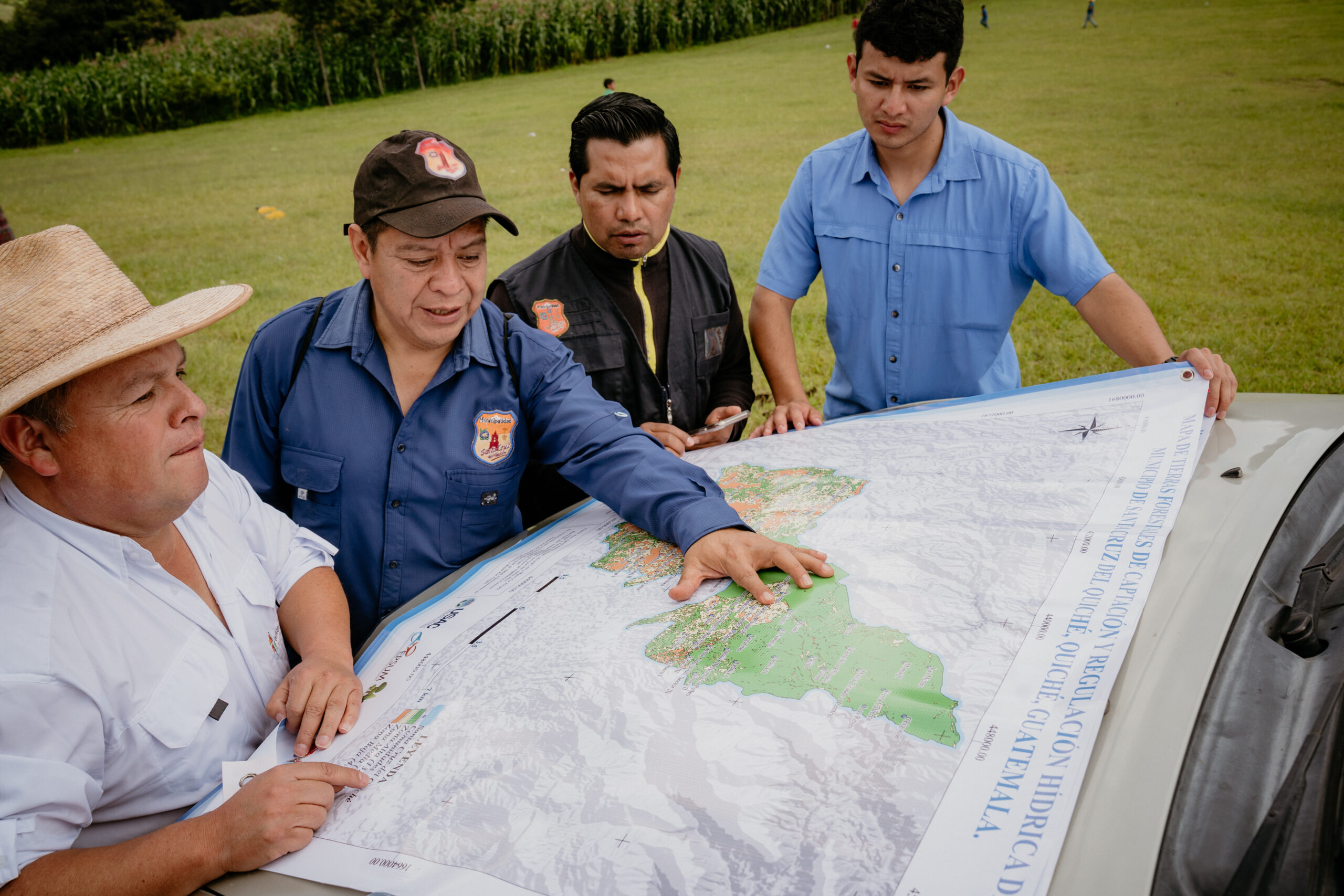
Guatemala | Watershed Protection
Watch the Water For People team members and community partners protect water sources through forestation and watershed planning and protection.
Uganda | Wetland Restoration
Water For People's work was included in The Nature Conservancy’s report on Accelerating Adaptation. This case study makes the direct link between nature-based solutions and drinking water security in the face of climate change.
Malawi | Climate-Resilient Strategies
Water For People assisted the Malawi government with a climate-resilient financing strategy. And learn how we're building community resilience while protecting the local water source through collaborations with The Nature Conservancy and Blantyre Water Board.
Perú | Flooding Response and Recovery
Building resiliency into water and sanitation systems can greatly reduce the risks to public health and the environment caused by natural disasters. Read our paper on work in Peru after devastating flooding.
Global | Climate Change and WASH Systems
Water, sanitation, and hygiene (WASH) system strengthening is climate action. Read the working paper by Water For People and our partner IRC, developed as a guide to learning, advocacy, and actions on this topic.
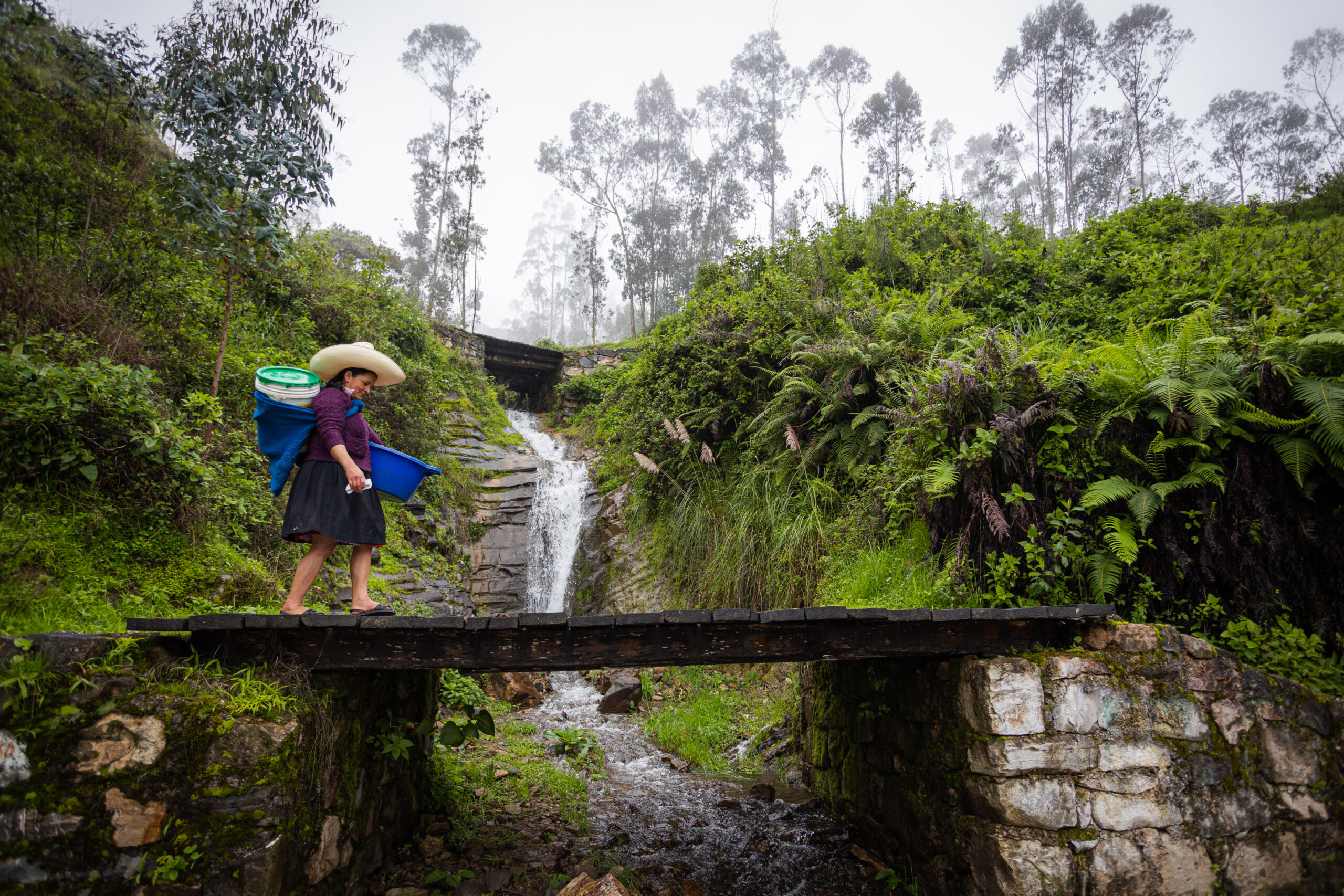
Environmental Stewardship A Water For People Value
We are committed to being responsible stewards of the environment. We fight growing environmental inequities and are intentional in our partnerships and decision-making around environmental practices. We believe climate action and the protection of water resources are essential for the long-term health of the planet for future generations.
Water For People's values reflect the ambition, critical thinking, and transformation required to bring lasting solutions to the world’s water and sanitation crisis.
Further Reading
- Climate Change, Water Resources, and WASH Systems. Read the working paper.
- The Case for Source Water Protection in WASH Systems – Entry Points and Opportunities. Read the collaborative paper.
- "One Tree at a Time" Planting trees in Bolivia for long-term water security. Read the story.
- "Why Climate Resilience Matters" by Kelly Latham, Senior Global Advisor for Climate and Water Resources. Read the article.
- "A Blueprint for Climate Financing" by Kate Harawa, Director of Influence and Scale, Malawi. Read the article.
- "Financing for Climate Resilient Water, Sanitation, and Hygiene" by Mark Duey, CEO. Read the article.
- "Why Resilient WASH is Climate Action." Read the blog post by Water For People team members.
Sign Up
Sign up to learn more about the global water, sanitation, and hygiene crisis and how you can take action.
"*" indicates required fields

